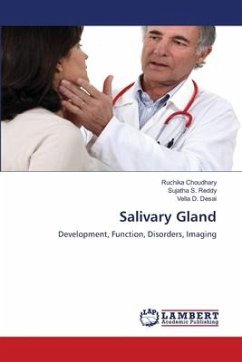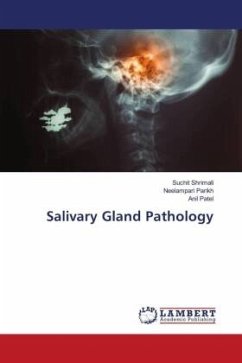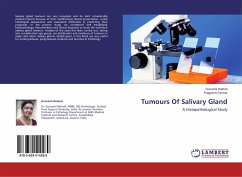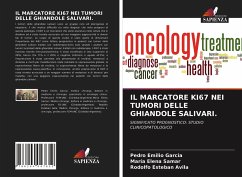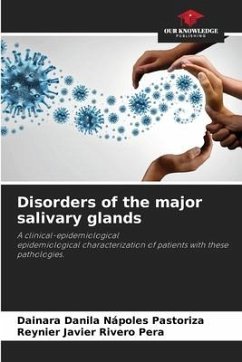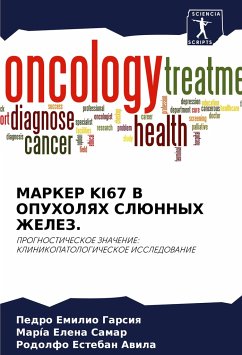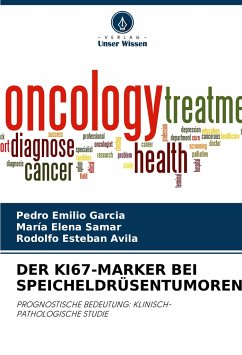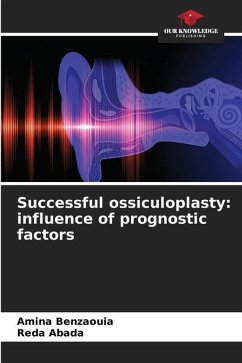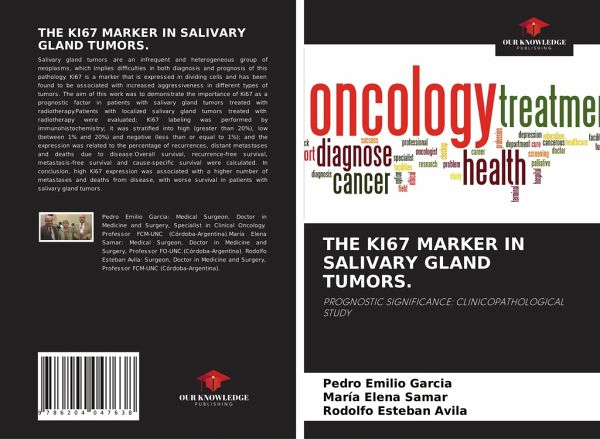
THE KI67 MARKER IN SALIVARY GLAND TUMORS.
PROGNOSTIC SIGNIFICANCE: CLINICOPATHOLOGICAL STUDY
Versandkostenfrei!
Versandfertig in 6-10 Tagen
27,99 €
inkl. MwSt.

PAYBACK Punkte
14 °P sammeln!
Salivary gland tumors are an infrequent and heterogeneous group of neoplasms, which implies difficulties in both diagnosis and prognosis of this pathology. Ki67 is a marker that is expressed in dividing cells and has been found to be associated with increased aggressiveness in different types of tumors. The aim of this work was to demonstrate the importance of Ki67 as a prognostic factor in patients with salivary gland tumors treated with radiotherapy.Patients with localized salivary gland tumors treated with radiotherapy were evaluated; Ki67 labeling was performed by immunohistochemistry; it ...
Salivary gland tumors are an infrequent and heterogeneous group of neoplasms, which implies difficulties in both diagnosis and prognosis of this pathology. Ki67 is a marker that is expressed in dividing cells and has been found to be associated with increased aggressiveness in different types of tumors. The aim of this work was to demonstrate the importance of Ki67 as a prognostic factor in patients with salivary gland tumors treated with radiotherapy.Patients with localized salivary gland tumors treated with radiotherapy were evaluated; Ki67 labeling was performed by immunohistochemistry; it was stratified into high (greater than 20%), low (between 1% and 20%) and negative (less than or equal to 1%); and the expression was related to the percentage of recurrences, distant metastases and deaths due to disease.Overall survival, recurrence-free survival, metastasis-free survival and cause-specific survival were calculated. In conclusion, high Ki67 expression was associated with a higher number of metastases and deaths from disease, with worse survival in patients with salivary gland tumors.




